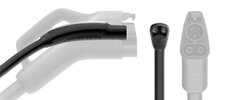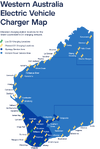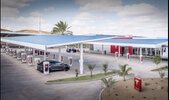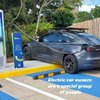- Joined
- 28 August 2022
- Posts
- 7,235
- Reactions
- 11,838
In over 50+ years of legal driving only ever hit two roos. Little damage to the vehicles but major to the roos.Knock on wood, my worst incident with wildlife was a rabbit and a few nice. I travel on country roads quite a bit, trying to avoid dusk and dawn when the roos like to spot vehicles and play games









